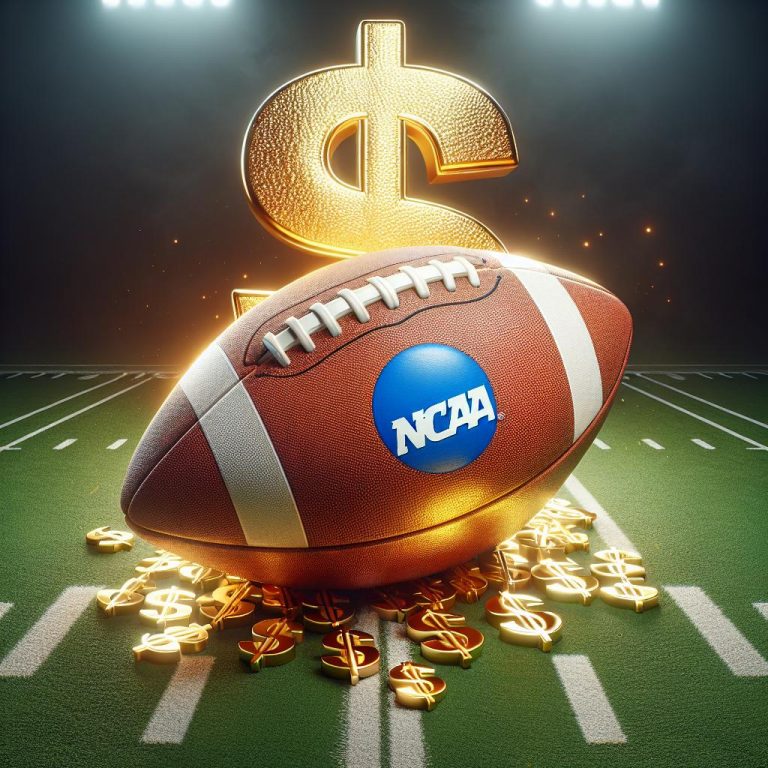Las Vegas is at the center of a significant change in college sports as UNLV quarterback Matthew Sluka has decided to leave the Rebels following concerns over his NIL (Name, Image, Likeness) payments. Sluka publicly cited “misrepresentations” related to these payments as his reason for departure. This announcement comes just a day after attorneys involved in the ongoing House v NCAA legal case put forth a revised settlement proposal.
The newly filed proposal aims to address Judge Claudia Wilken’s worries about the term “boosters” and how it relates to the regulation of athlete compensation. The attorneys claim that the “Injunctive Relief Settlement” will fundamentally transform college athletics, allowing Division I athletes to receive nearly 51% of future athletic revenues, which would be a significant shift towards a system similar to professional sports.
A critical change includes a more straightforward definition of “boosters.” In the past, the NCAA has relied on a broad definition of this term, which has led to confusion and enforcement challenges. The new proposal suggests limiting the NCAA’s enforcement over NIL deals to a “narrower group of entities” closely connected to the schools, thus preventing loopholes in the settlement.
Furthermore, the proposal introduces neutral arbitration, a new process where independent arbitrators would review any disputes about NIL transactions. This means the NCAA will no longer act as the judge in these situations, a move seen as long overdue.
Under these new guidelines, payments to athletes would not be restricted while an arbitration is ongoing unless determined otherwise by the arbitrator. This could ultimately provide a fairer process for athletes who are navigating the complexities of NIL agreements.
Despite the positive changes, some questions remain unanswered, such as who will cover arbitration costs, how accessible arbitrators will be for student-athletes at all hours, and whether there will be an appeal process. The proposed changes certainly mark a significant step in the direction of improving the landscape of college athletics.
This development is particularly important as the college sports world continues to adapt to the evolving nature of athlete compensation, promising to enhance fairness and transparency in a previously rigid system.


